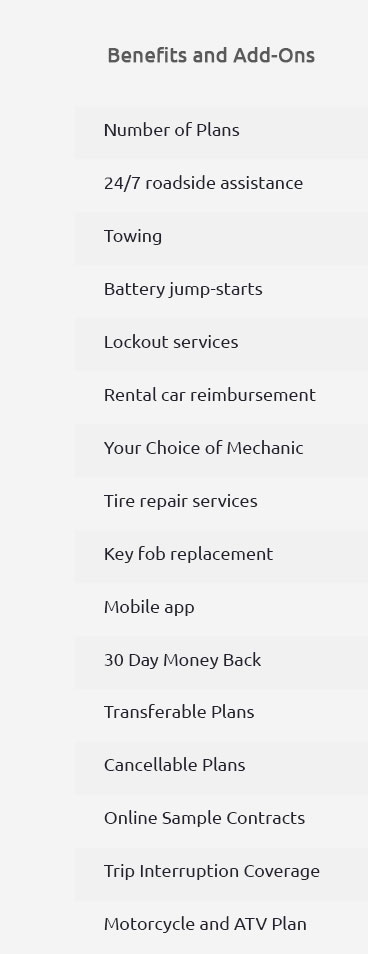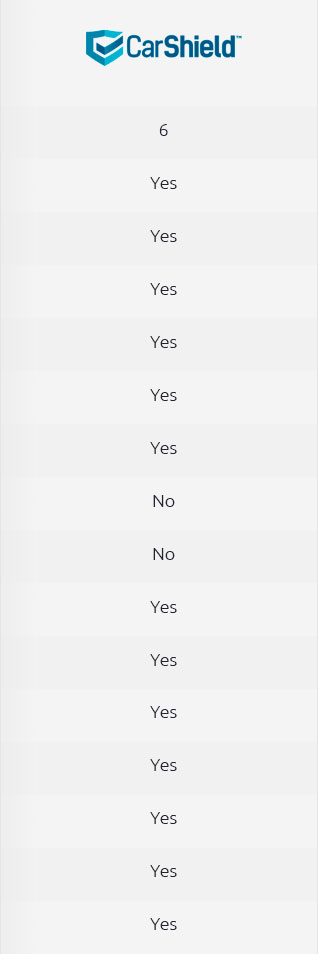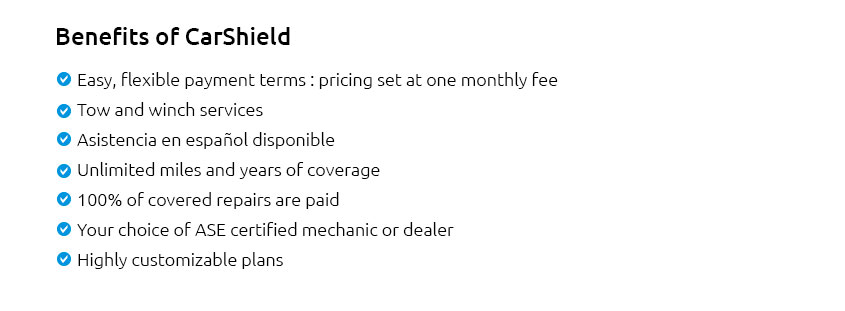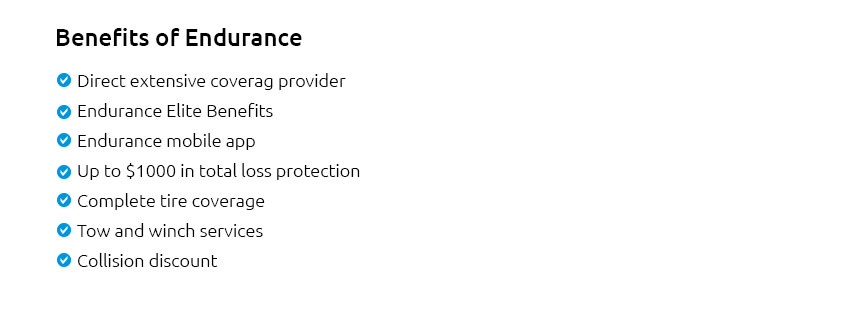 |
 |
 |
 |
 |
|||
 |
|||
 |
 |
 |
|
 |
|||
 |
|
 |
|
 |
|
 |
|
 |
|
 |
|
 |
|
 |
|

Understanding Gap Insurance Cost: What to ExpectGap insurance, also known as Guaranteed Asset Protection insurance, is a valuable coverage option for vehicle owners. In this article, we'll delve into the details of gap insurance cost, what factors influence it, and how to get the best deal on this essential protection. What Is Gap Insurance?Gap insurance is an optional auto insurance policy that covers the "gap" between the current market value of your vehicle and the amount you owe on an auto loan or lease if your vehicle is declared a total loss. This type of insurance helps you avoid financial burdens in situations where your car's value is less than your outstanding loan or lease balance. Factors Affecting Gap Insurance Cost:Several factors can influence the cost of gap insurance:
How Is Gap Insurance Cost Calculated?Gap insurance premiums are typically calculated as a percentage of your auto insurance premium. The exact percentage can vary between insurance companies, but it's commonly around 5% to 6% of your comprehensive and collision coverage cost. Ways to Save on Gap Insurance:While gap insurance is a valuable protection, there are ways to save on its cost:
Is Gap Insurance Cost Worth It?Gap insurance cost is a reasonable investment for many vehicle owners, especially those with new cars or substantial auto loans. It offers financial protection and peace of mind, ensuring you won't be left with a significant loan balance after a total loss event. Conclusion:Understanding gap insurance cost is essential when considering this coverage. By assessing your specific situation, comparing quotes, and exploring ways to save, you can make an informed decision that provides valuable financial security for your vehicle. |
|---|
|
|